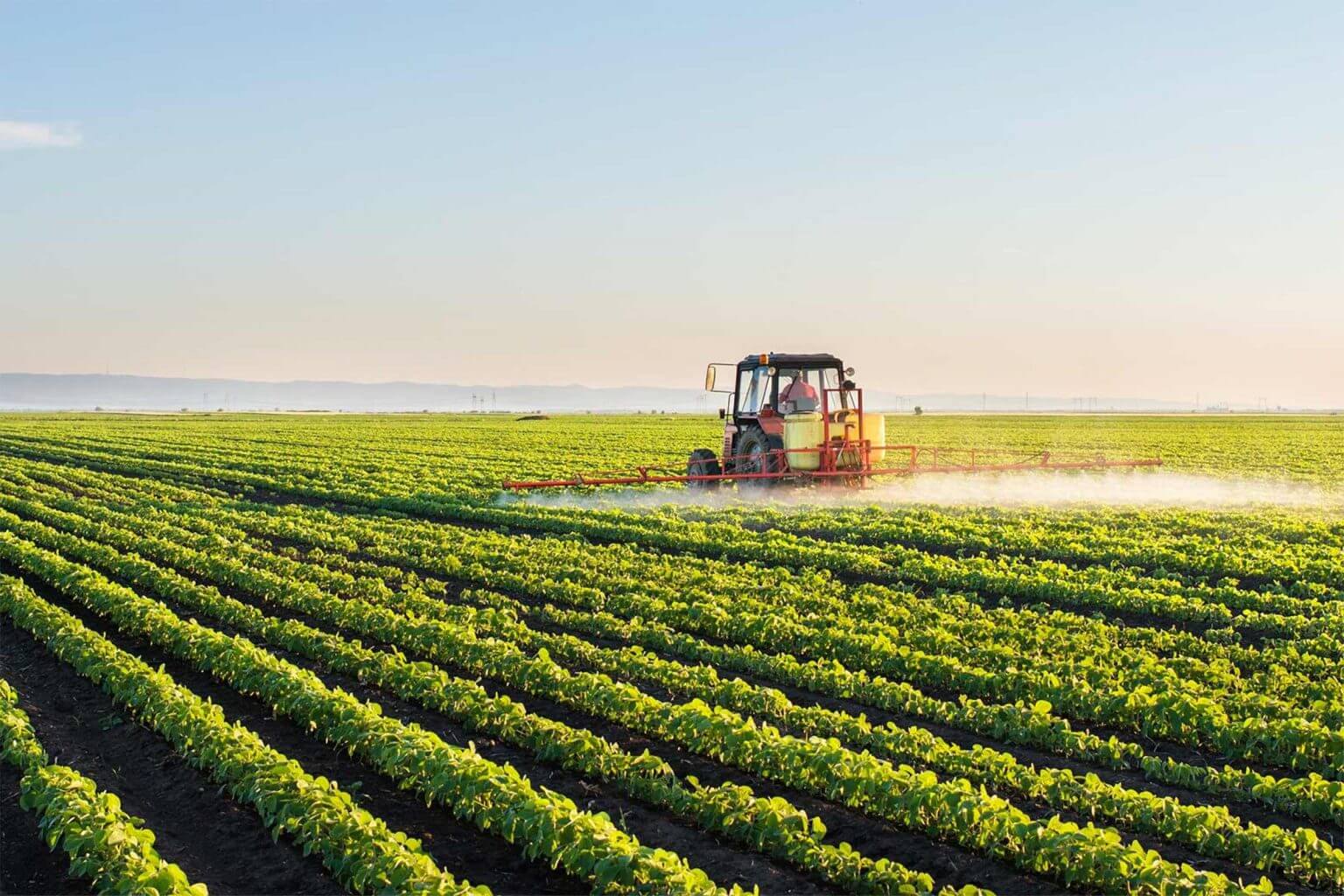
Winter holds significant importance for South African agriculture, as it is a crucial period for the cultivation of key field crops. Despite facing headwinds such as power cuts and a weak rand, farmers in South Africa are resilient and taking advantage of several positive factors that work in their favor. In this article, we will explore the challenges faced by farmers, the potential impact on crop production, and the encouraging factors that provide a glimmer of hope for the winter season.
Headwinds: Power Cuts and Dollar Strength South Africa’s agricultural sector, especially areas under irrigation, is heavily impacted by recurring power cuts. The current level of power cuts is unprecedented and poses a significant risk to farming activities, particularly those reliant on sustainable energy sources. Irrigation-dependent crops, such as wheat, soybeans, maize, and sugar, are particularly vulnerable to disruptions in power supply, potentially leading to reduced yields and increased imports.
Furthermore, the weakening of the South African rand against the US dollar has offset some of the benefits farmers could have enjoyed from the decline in dollar-denominated input prices. This currency fluctuation has impacted the cost of agrochemicals, affecting farmers’ profitability.
Positives: Area Plantings, Declining Input Prices, and Favorable Weather Amidst these challenges, there are several positive factors that provide hope for farmers during the winter crop season:
- Above-average Area Plantings: The area plantings for South Africa’s major crops are expected to surpass the five-year average. This positive trend, as indicated by the Crop Estimates Committee, a government and industry body, bodes well for increased production potential.
- Declining Input Prices: Farmers have witnessed a decline in input prices, offering some financial relief. Essential agrochemicals and fertilizers have experienced notable price decreases in rand terms, although the impact has been partly offset by the weaker rand against the US dollar. Nonetheless, these lower input costs alleviate some of the financial pressures faced by farmers.
- Favorable Weather Conditions: The South African Weather Service predicts favorable rainfall in the winter crop growing regions, ensuring adequate water supply for crop development and growth.
- Good Summer Crop Conditions: The summer crops, nearing the harvest stage, have experienced favorable conditions, leading to expectations of ample yields. This bodes well for overall food production and supply.
Takeaways: Promising Prospects and Challenges Ahead While challenges persist, the positive factors offer hope for farmers and consumers alike:
- Moderation in Food Price Inflation: The declining commodity prices, combined with the positive outlook for winter crops, may help moderate consumer food price inflation in the second half of the year.
- Government Interventions: The government’s efforts to mitigate the impact of power cuts on food production, such as load curtailment and diesel rebates, provide some relief. Effective implementation of these interventions can enhance the stability of electricity supply and support agricultural activities.
South African farmers face both challenges and opportunities during the winter crop season. Despite the obstacles posed by power cuts and currency fluctuations, positive factors such as increased area plantings, declining input prices, favorable weather conditions, and good summer crop conditions offer hope for a successful season. By navigating these challenges and capitalizing on favorable circumstances, farmers can contribute to stable food production and help alleviate pressures on consumer food prices.
Disclaimer: This article provides an overview of the agricultural landscape in South Africa and should not be considered financial or investment advice.



















Leave a Reply